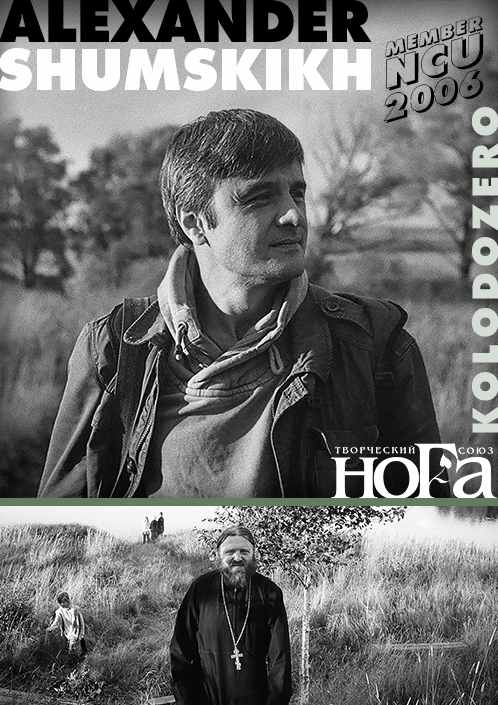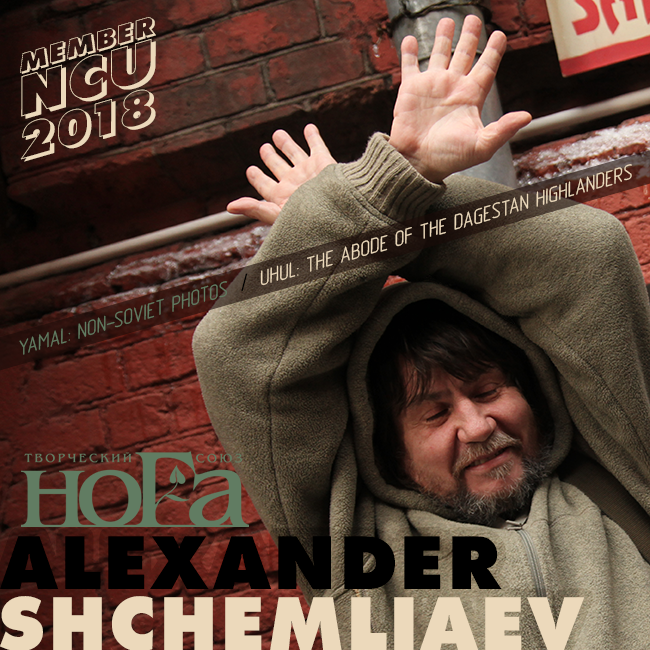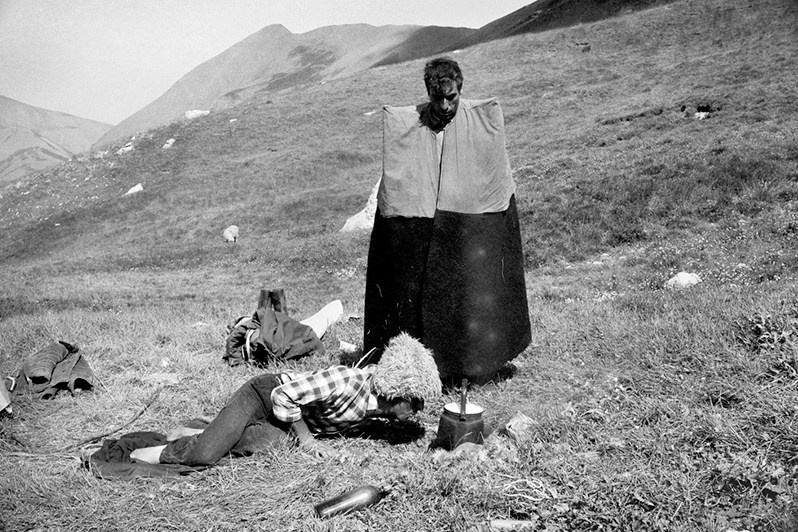Alexander Shchemlyaev, born Dubrovin, was born in 1956 in the Nanai camp of Verkhnyaya Econ, in the Komsomolsky District of the Khabarovsk Region, USSR.
Based in Moscow, Russia.
In the eighties and nineties Alexander Shchemlyaev is a lone author. He lives from one business trip to another. In 1991 Alexander shows his work to APN photo editor Vsevolod Tarasevich. The guru of Soviet photography is amazed by the young photographer’s manner of shooting: “You shoot like a Chukcha — what I see, I sing”. At that time, not many people could afford to take photos so frankly, breaking photographic clichés and stamps. When Tarasevich asked Shchemlyaev about his famous works, he modestly inquired: “Do you take photographs too?”. “What a chukcha, he doesn’t even know who Tarasevich is!”. This was the key to unravelling Shchemlyaev’s photography — he never focused on other people’s work. He never even saw them. Back in the early eighties, on the advice of his Novokuznetsk friend, photographer Vladimir Sokolaev, Shchemlyaev threw out all the back issues of Soviet Photo, refused to subscribe and never looked in the main photographic magazine of the country again. Therefore, Tarasevich’s name, as well as many other Soviet photographers, were unknown to Shchemlyaev.
Ukhul: The abode of the Dagestani highlanders
Alexander’s first series Ukhul: The abode of the Dagestani highlanders opens the pages of a large country at the change of epochs, which are fading from memory. Summer of 1991. The series is preceded by a short revelation of a metropolitan photographer about a night climb to a small high-mountain village on the verge of death. This narrative is like a pass to another life. What follows is just an observation. Local shooting during a day and a half, from the last strength and in one breath. A case where there is nothing more to add to the visuals. Only to look into this other life, filled with the established way of life, cheerful temperament and children’s curiosity, male dignity and female diligence, wisdom of old people, traditional hospitality… Anxiety in the light of the changes to come.
events
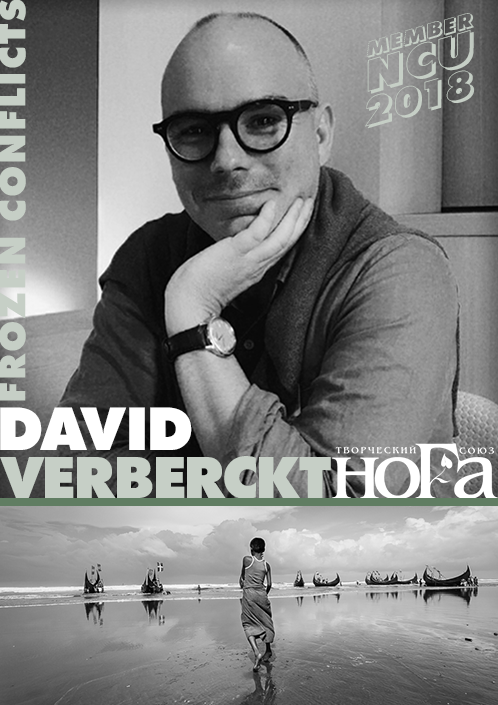
David Verberckt
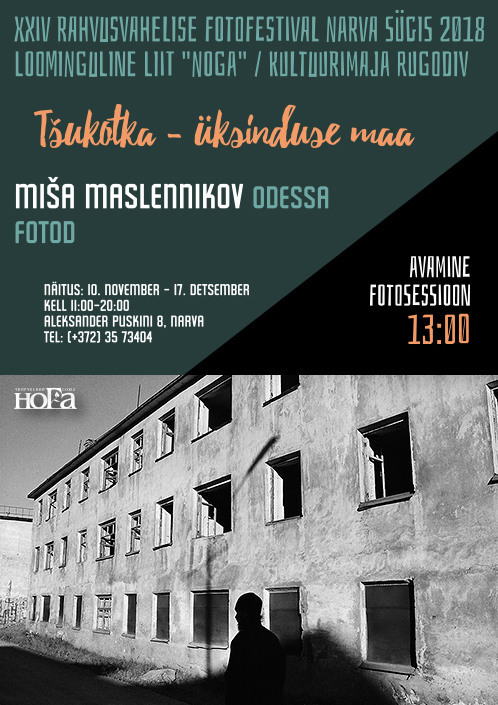
Narva 2018
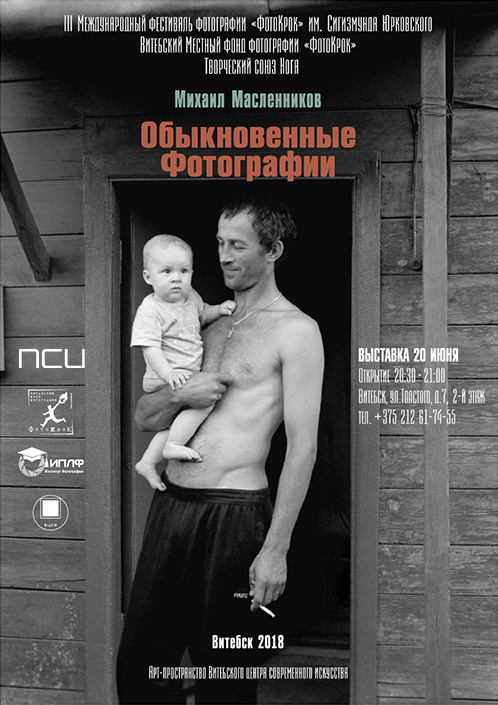
Vitebsk 2018
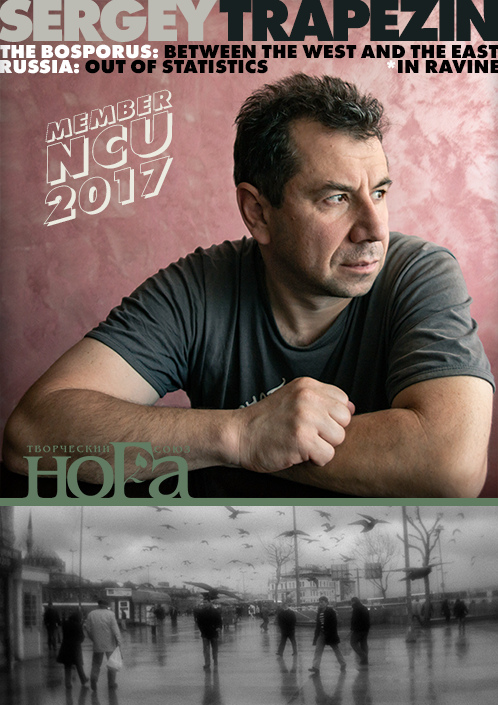
Sergey Trapezin
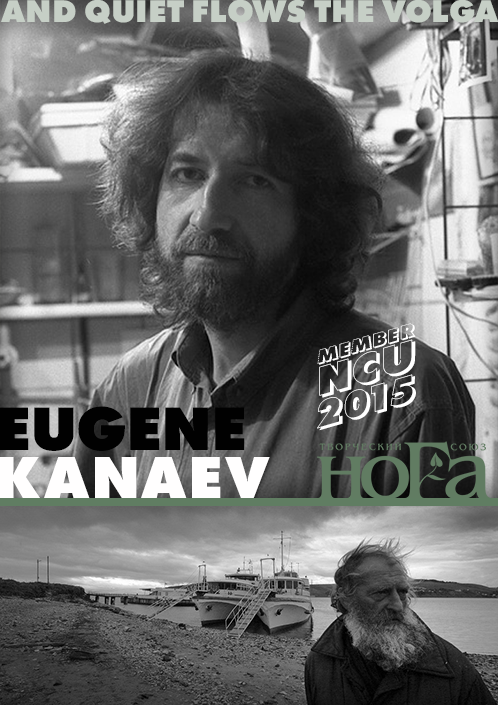
Eugene Kanaev
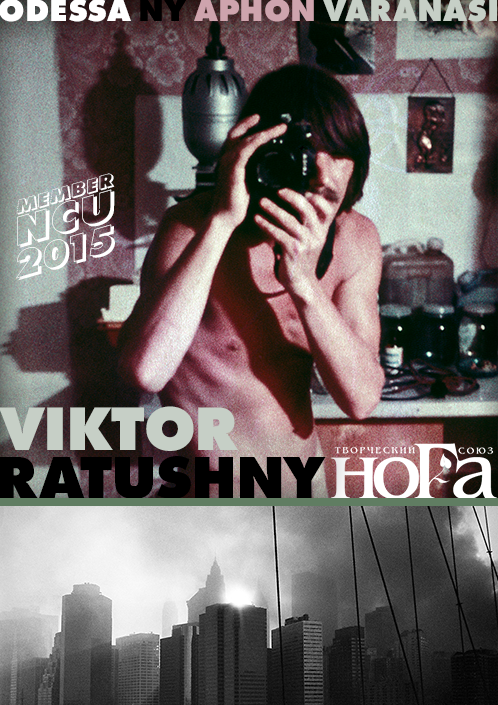
Viktor Ratushny
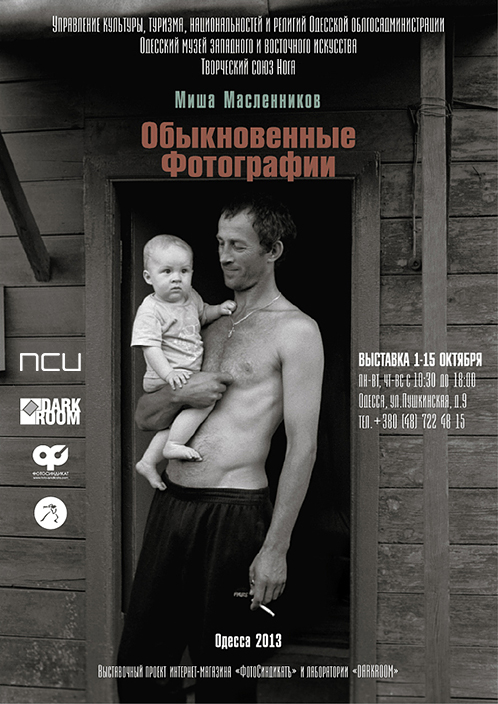
Odessa 2013
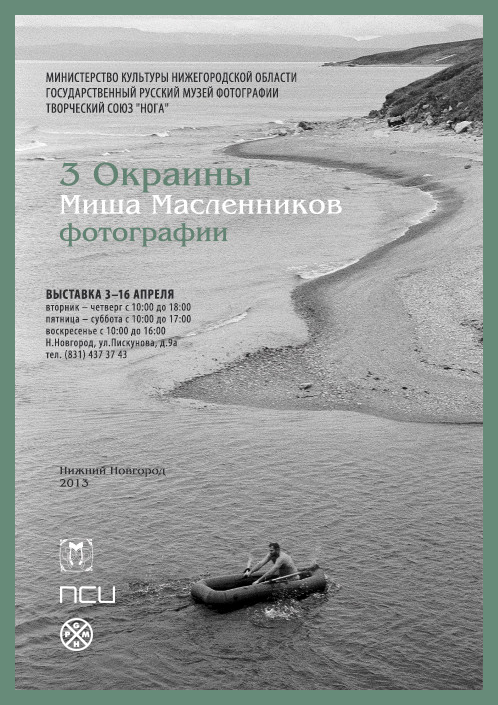
Nizhny Novgorod 2013
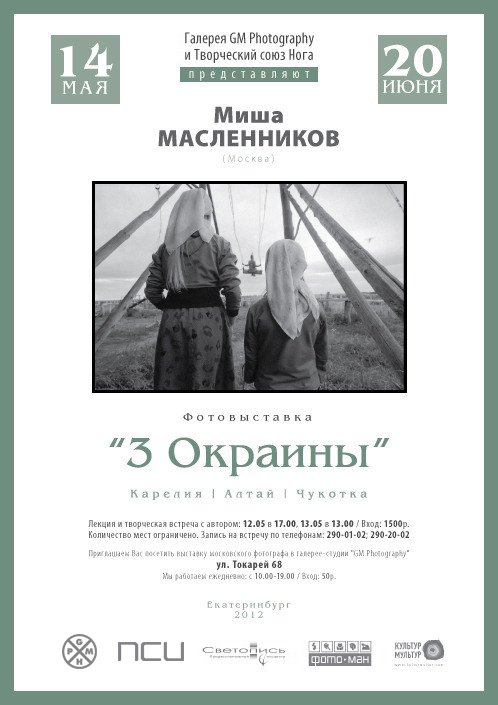
Yekaterinburg 2012
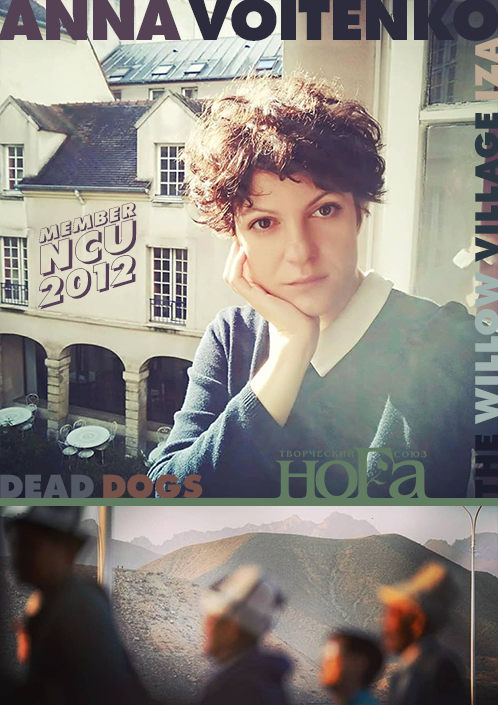
Anna Voitenko
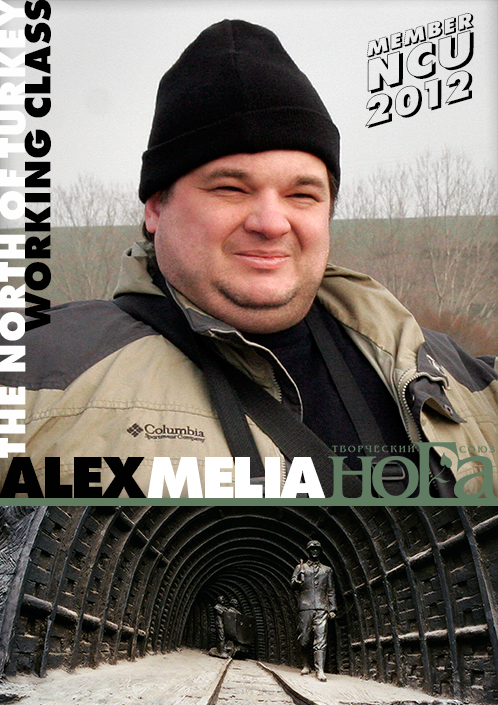
Alex Melia
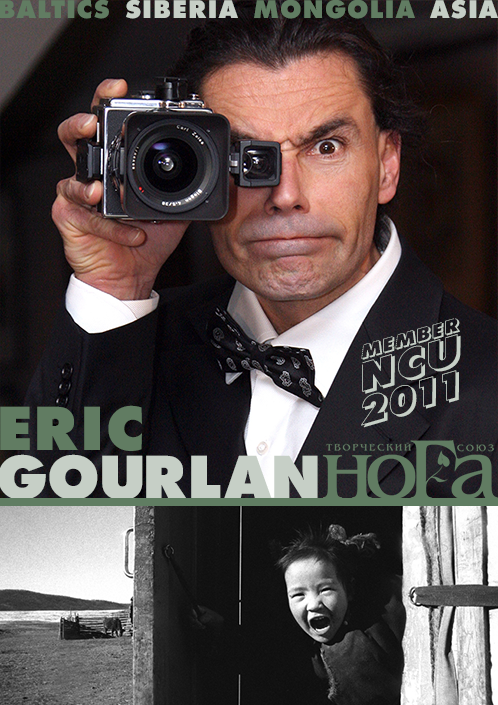
Eric Gourlan
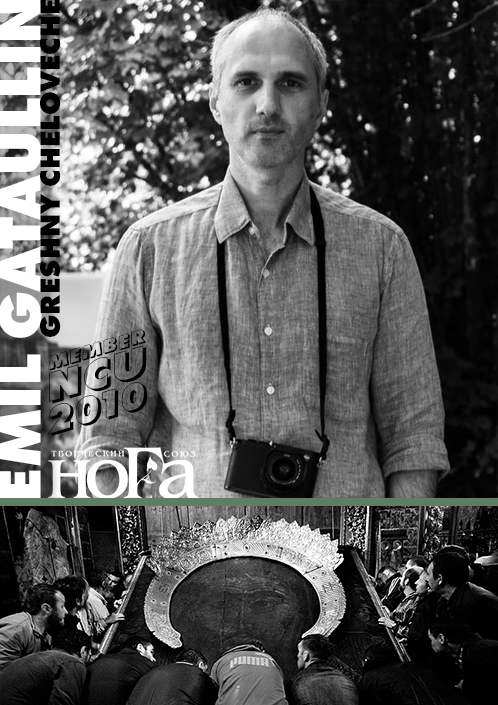
Emil Gataullin
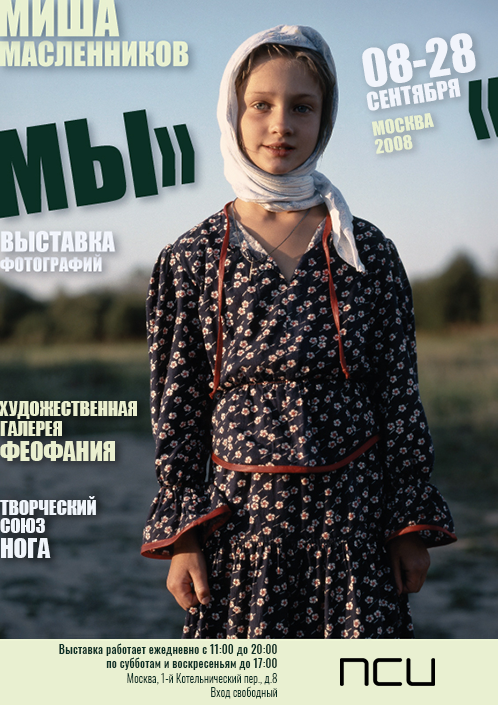
Moscow 2008
